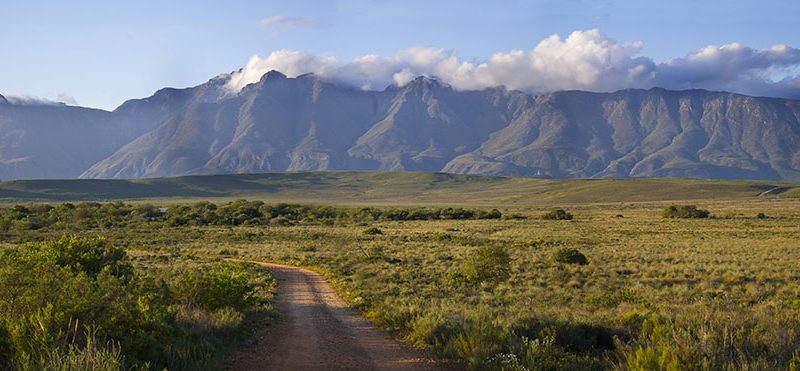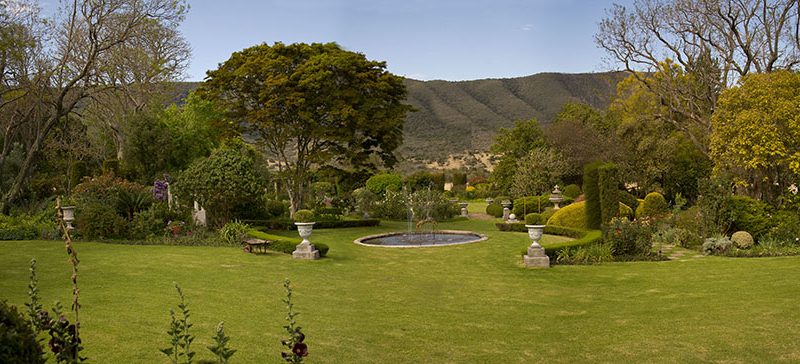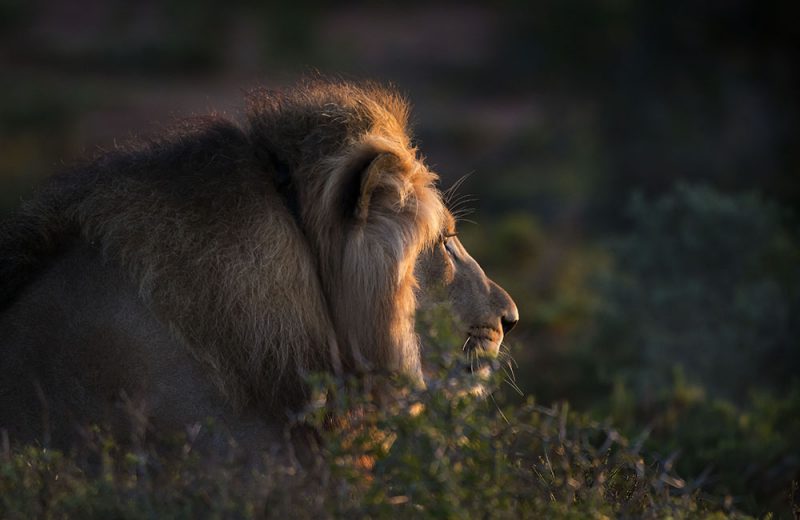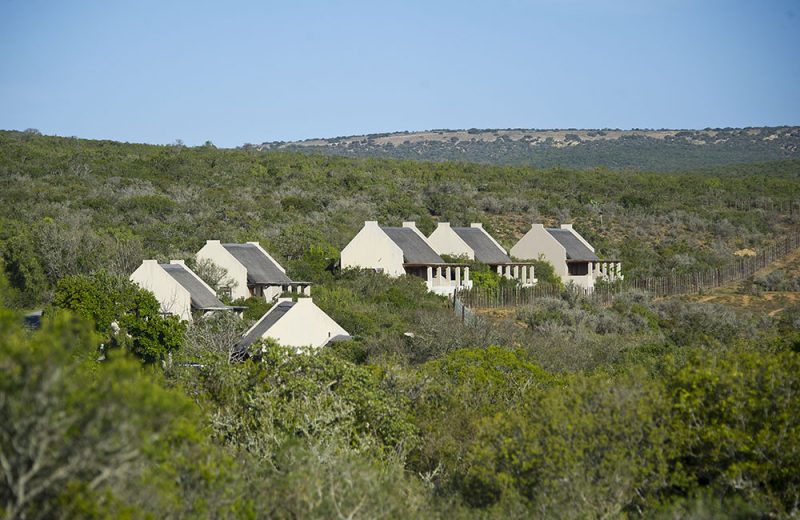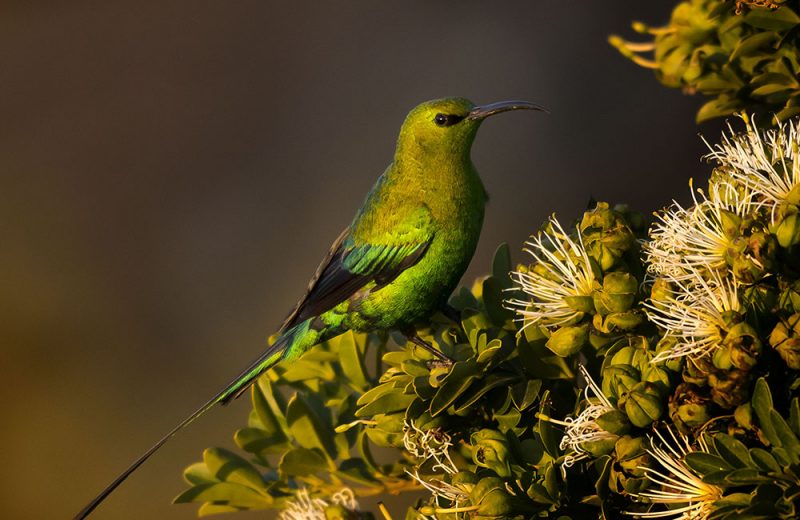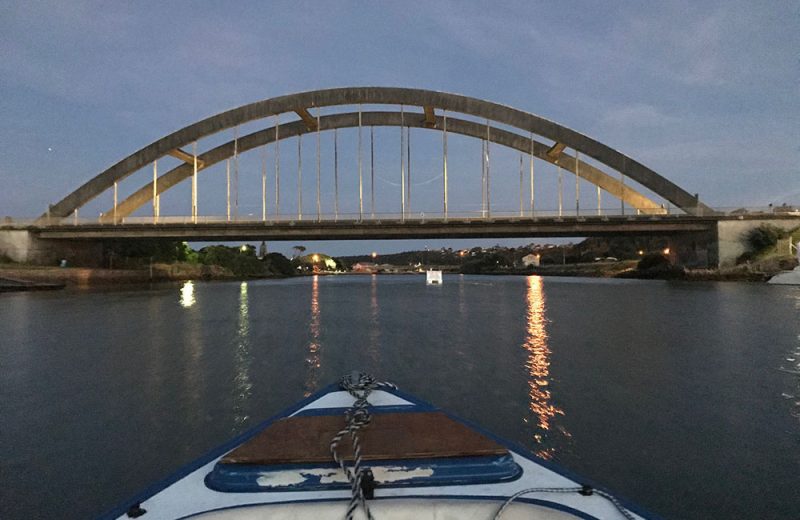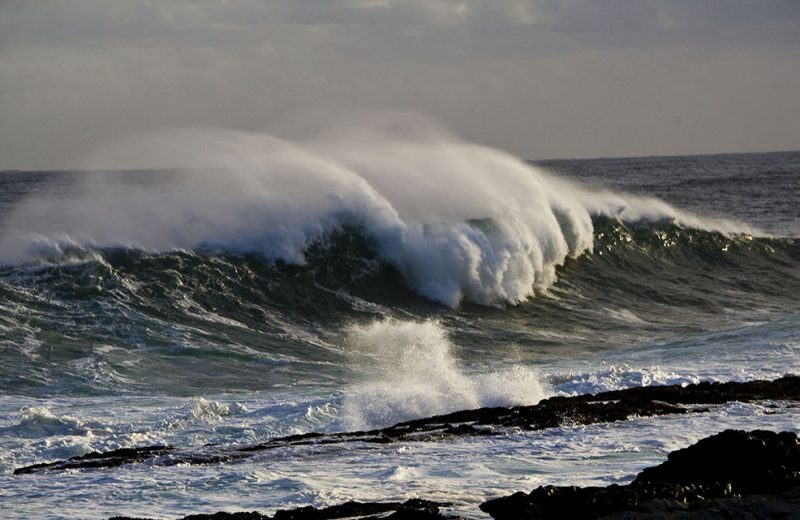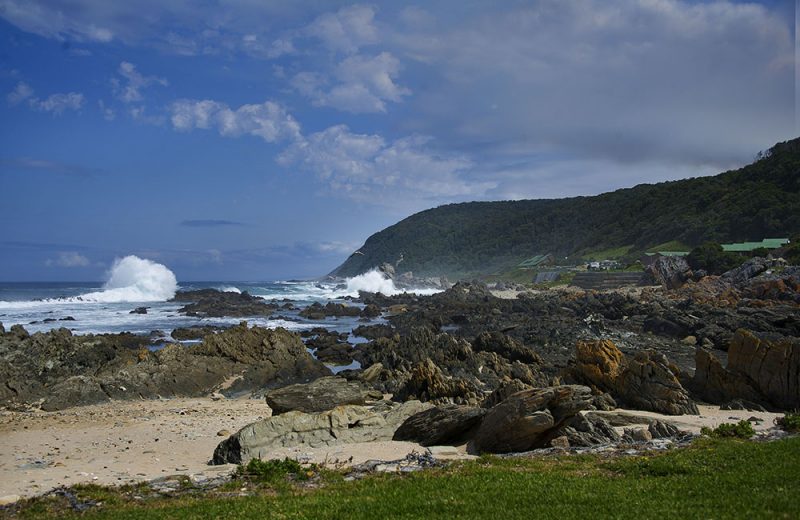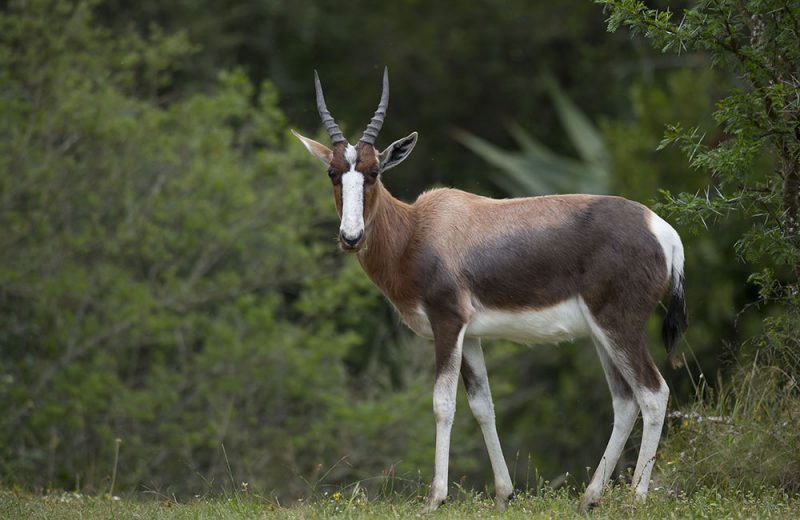I am up at 4.45am in preparation for an early start. The sky is absolutely clear and the air still and calm. We set out for the gate at 5.20am and in this short time the sky is now completely overcast. I really need the help of a meteorologist to explain this phenomenon which I have seen before.
Of course the light is now not too good but I do photograph a few things of interest. I keep within a radius of 5km’s from the main camp where most of the game seems to be concentrated.
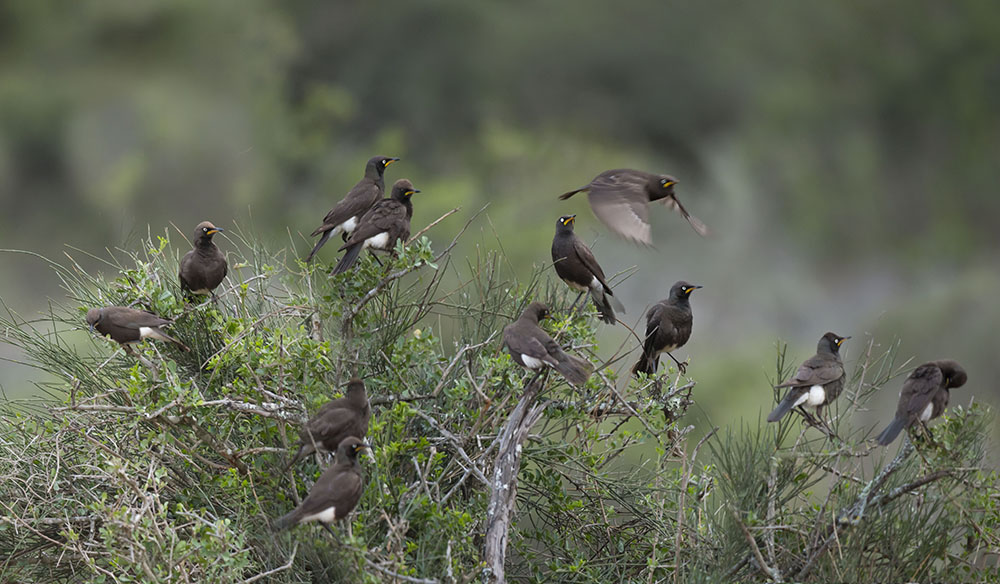
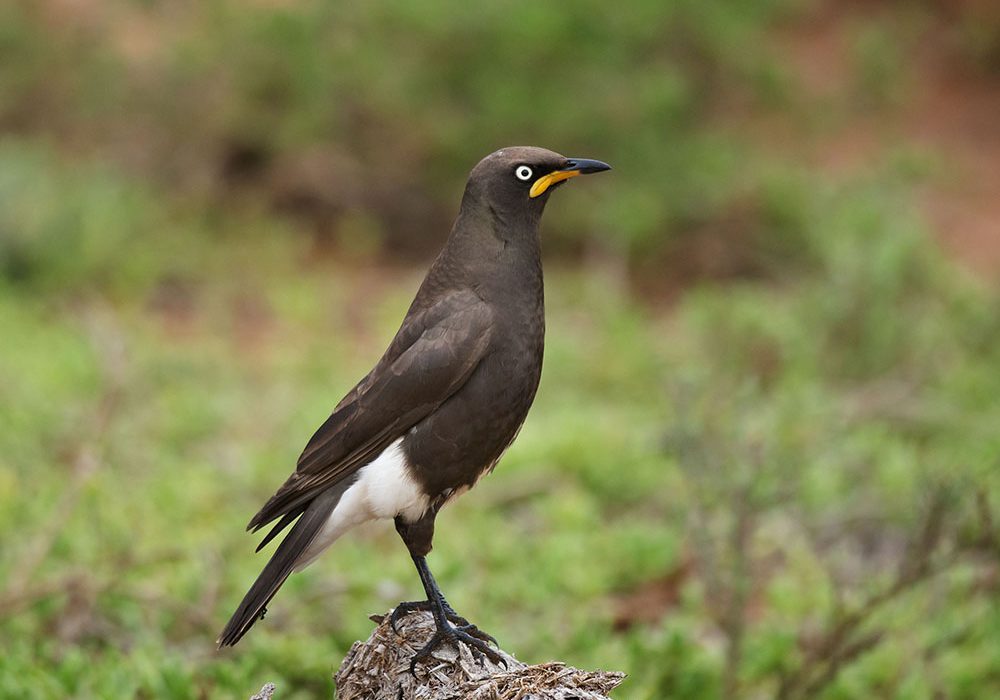
Again a Malachite Sunbird is on show.

A small herd of Hartebeest is silhouetted against the horizon.
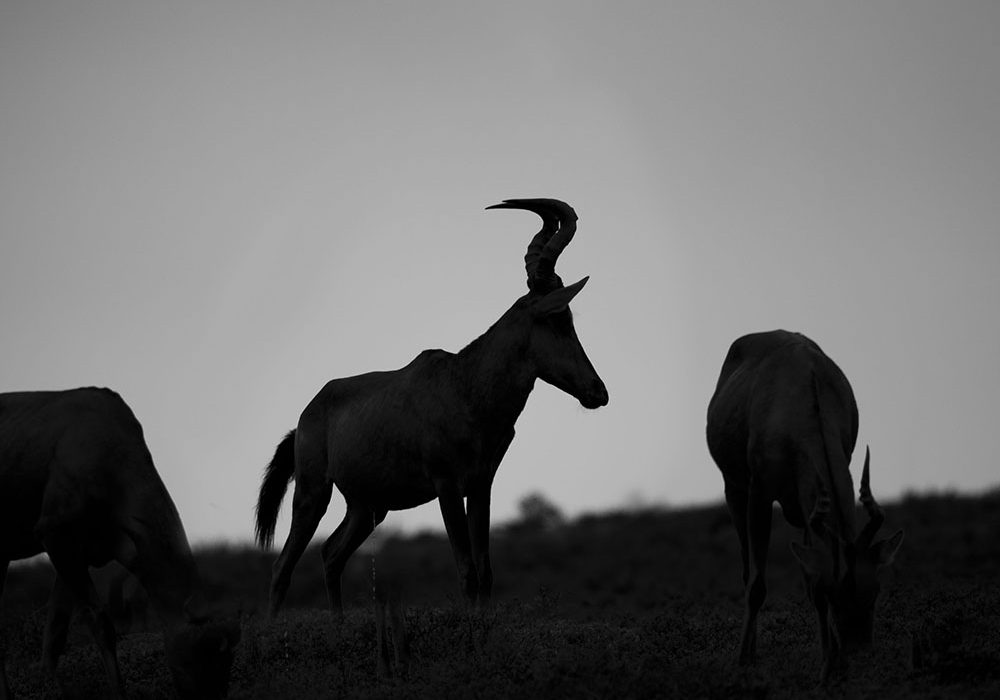
Like yesterday, we get a report of a caracal sighting but we have no luck in tracking it down. As a rather poor substitute we find a mouse venturing out from under a bush.
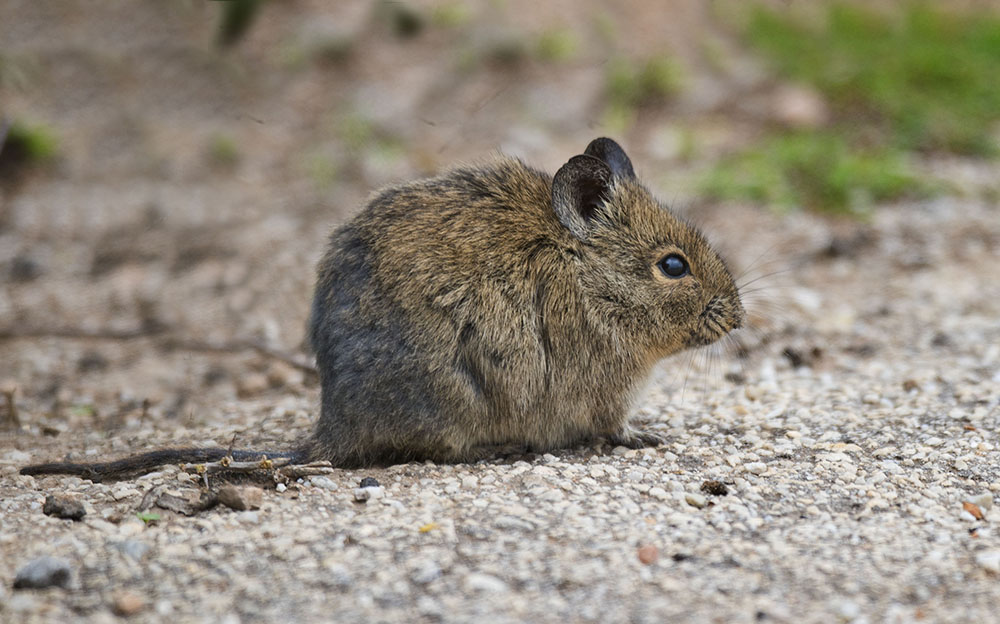
The one thing that I really wanted to see here were Blue Cranes but there is no trace of them. Perhaps they have all migrated to the ripening wheat fields of the Overberg.
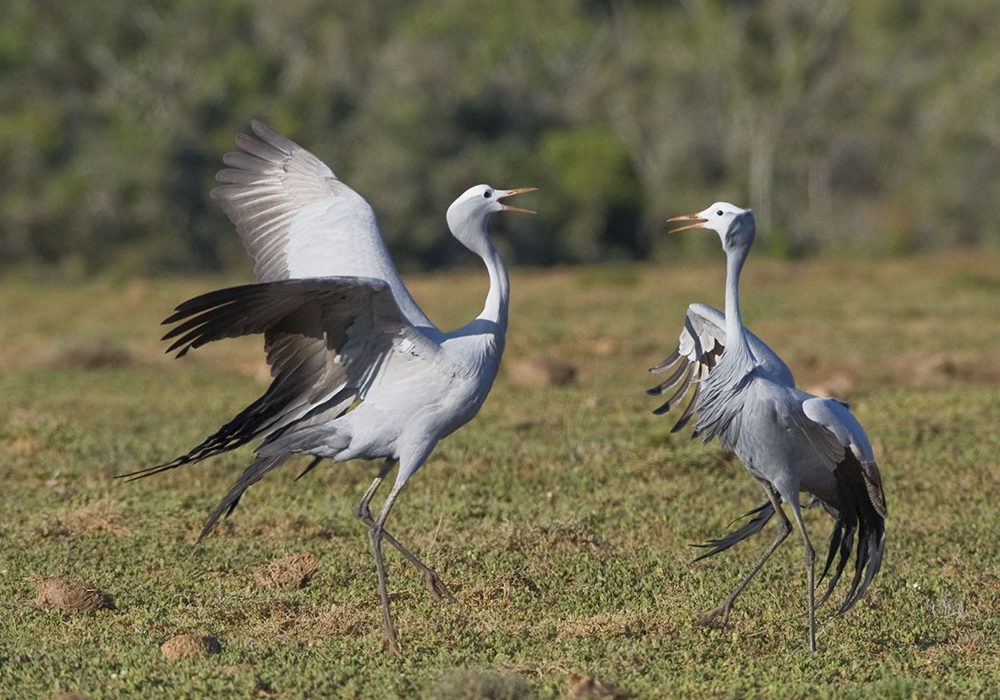
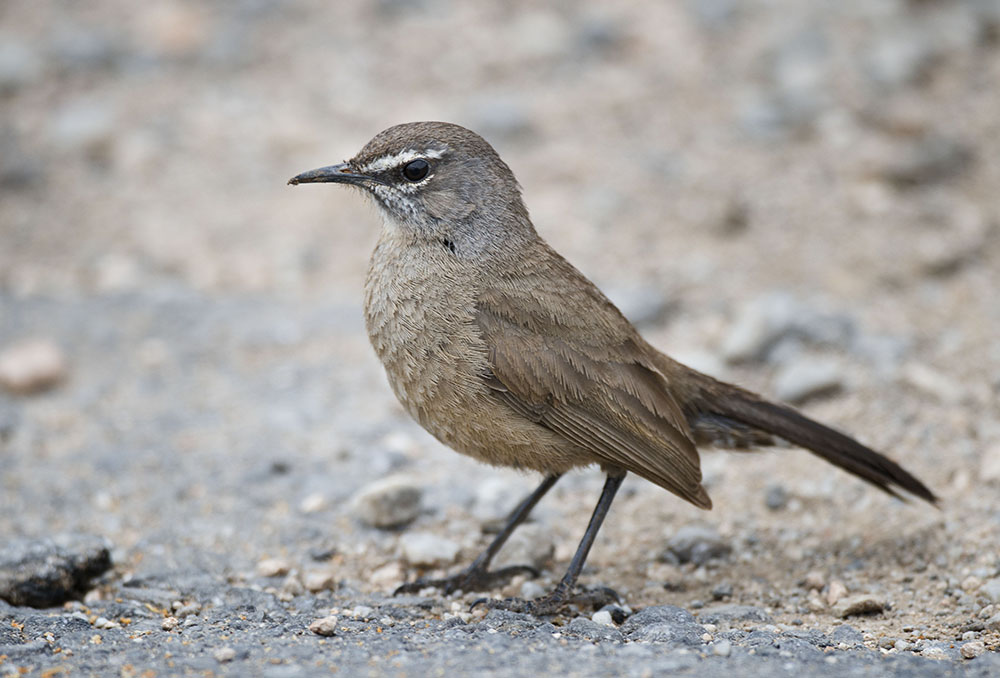
You will have gathered from my reports on Addo thus far, that my favourite place here is the Domkrag Dam. How it got this name is rather mystifying as a “domkrag” is the Afrikaans word for a jack used for lifting heavy objects. Whatever, this afternoon the sky has cleared and it is to Domkrag that I go.
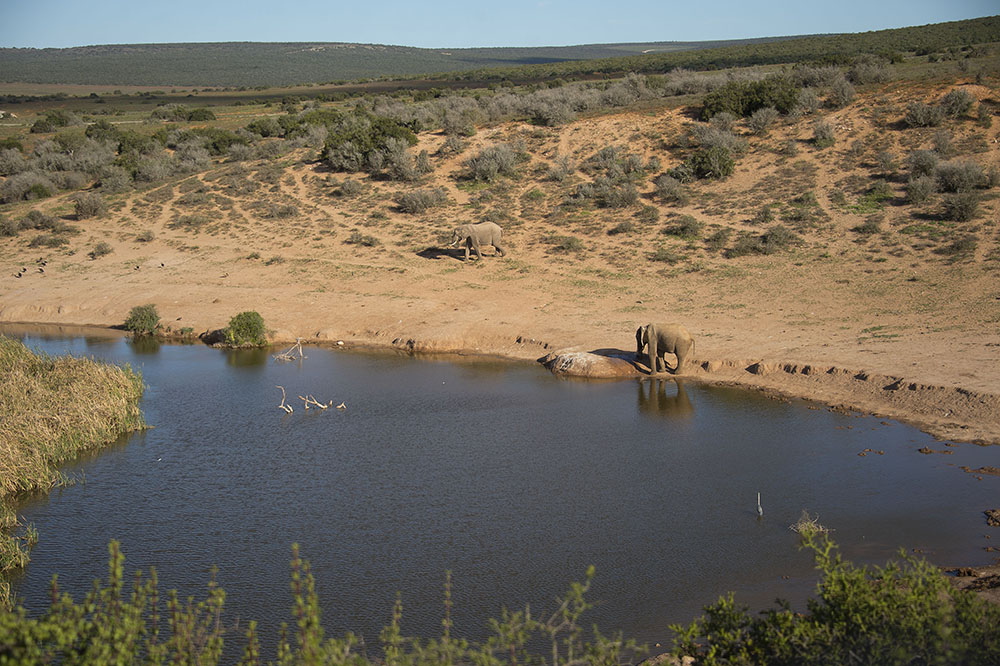
I have been trying to track down a Greater Double-collared Sunbird which is common enough but is hyperactive making it difficult to photograph. I am delighted when I manage to focus on one in the Domkrag hedge.
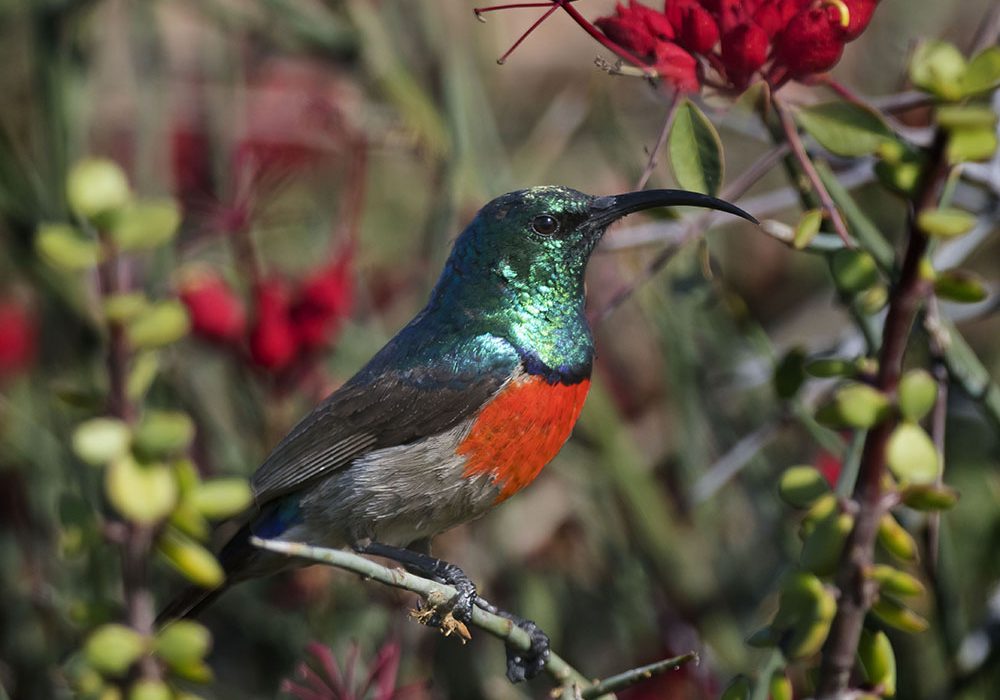
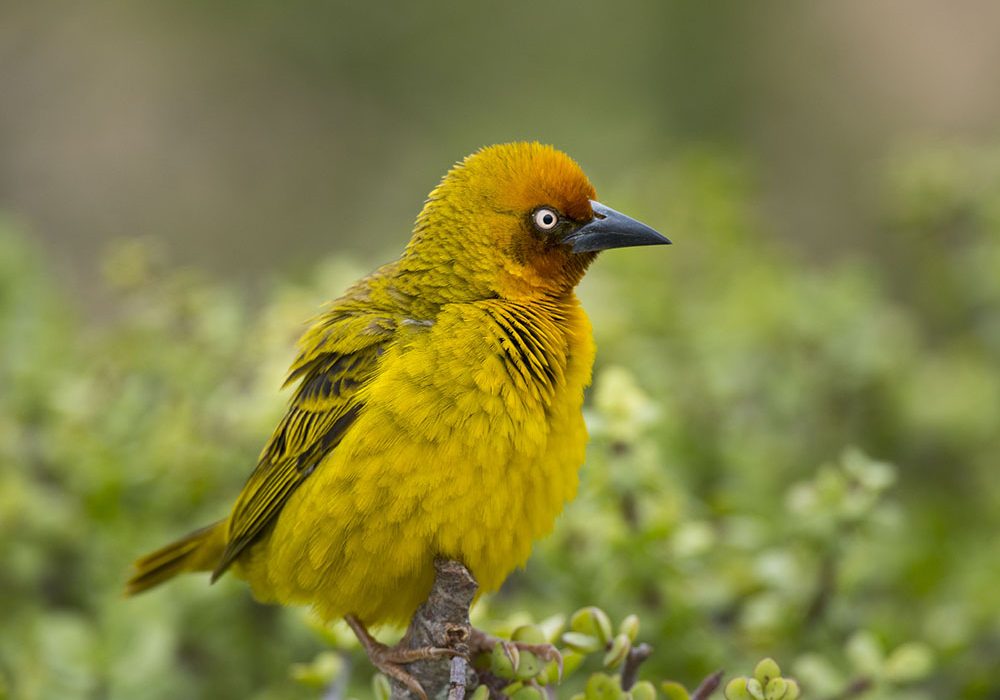
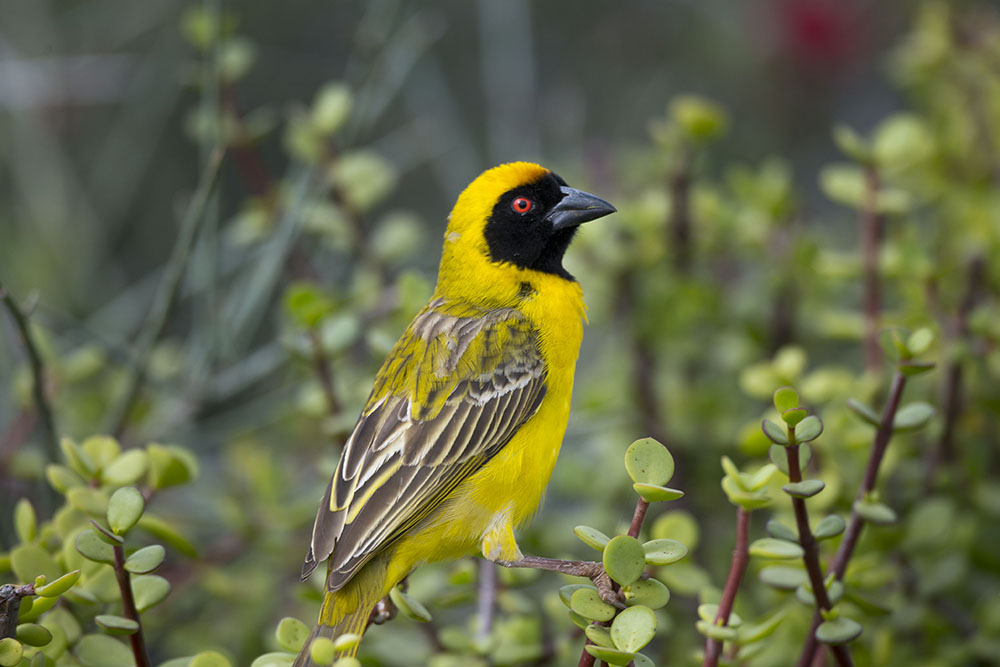
Grey Herons are quite common and are often seen wading through water fishing. I focus on one as he pounces on a fish but what followed was totally unexpected. A male Shelduck that had been standing on the bank dive bombs the heron which is rather bizarre as ducks should not be interested in a heron’s eating habits.
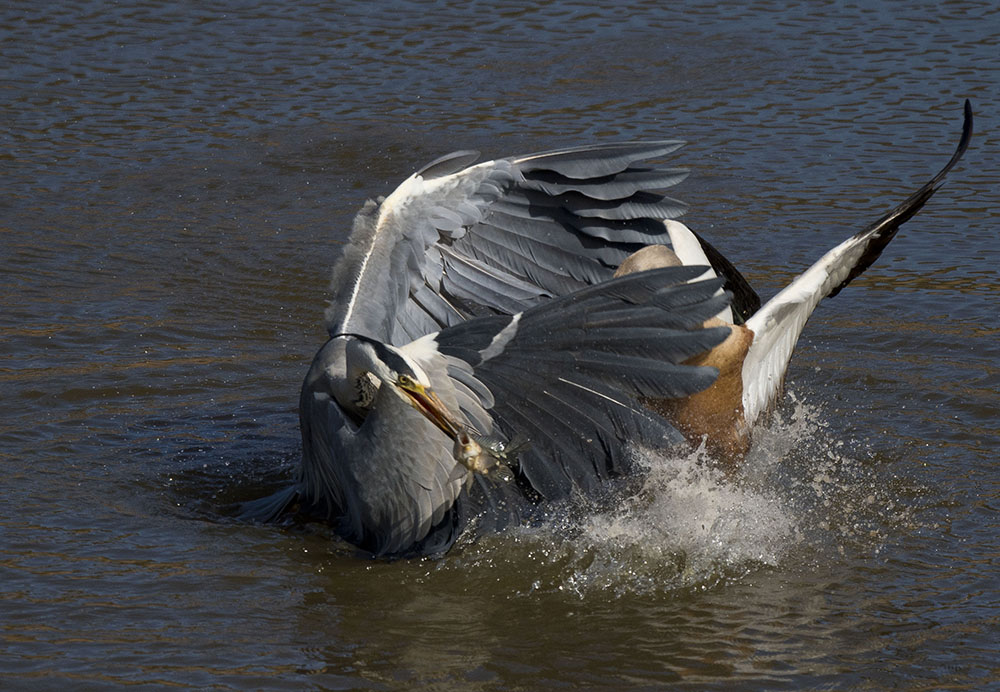
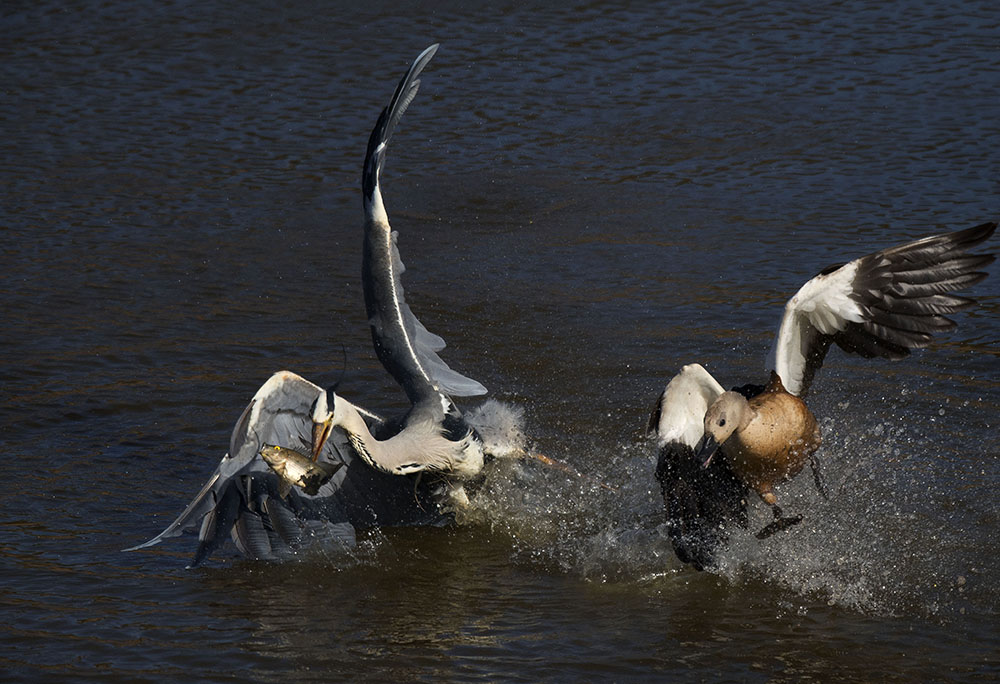
Whilst puzzling over this incident, all became clear when a female Shelduck then swan out from the reeds together with three ducklings. I can only think that the male Shelduck thought that the heron had walloped a duckling.
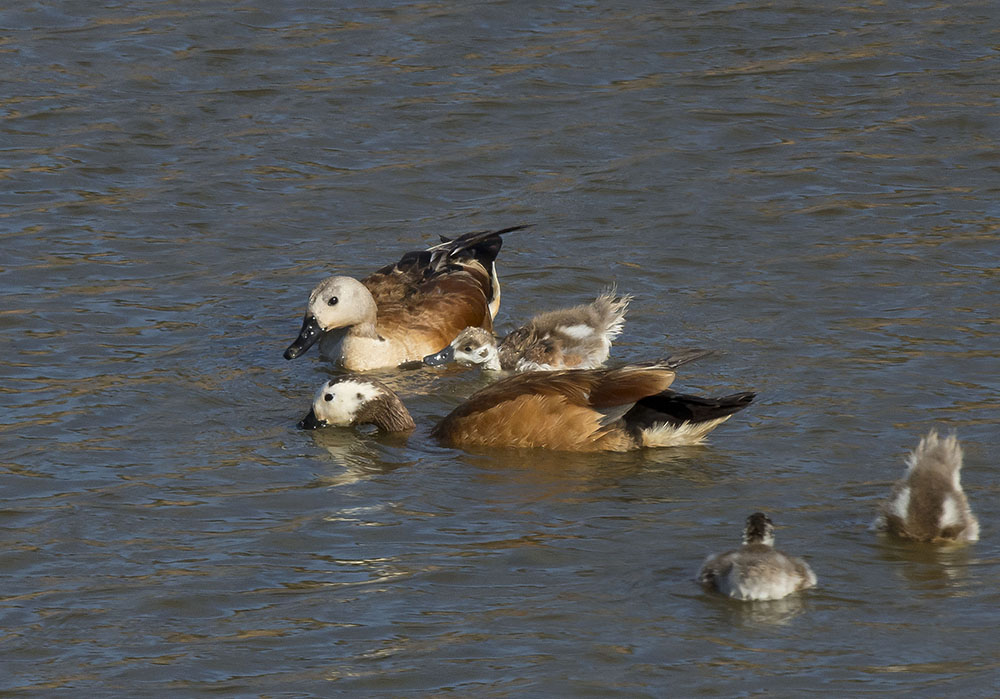
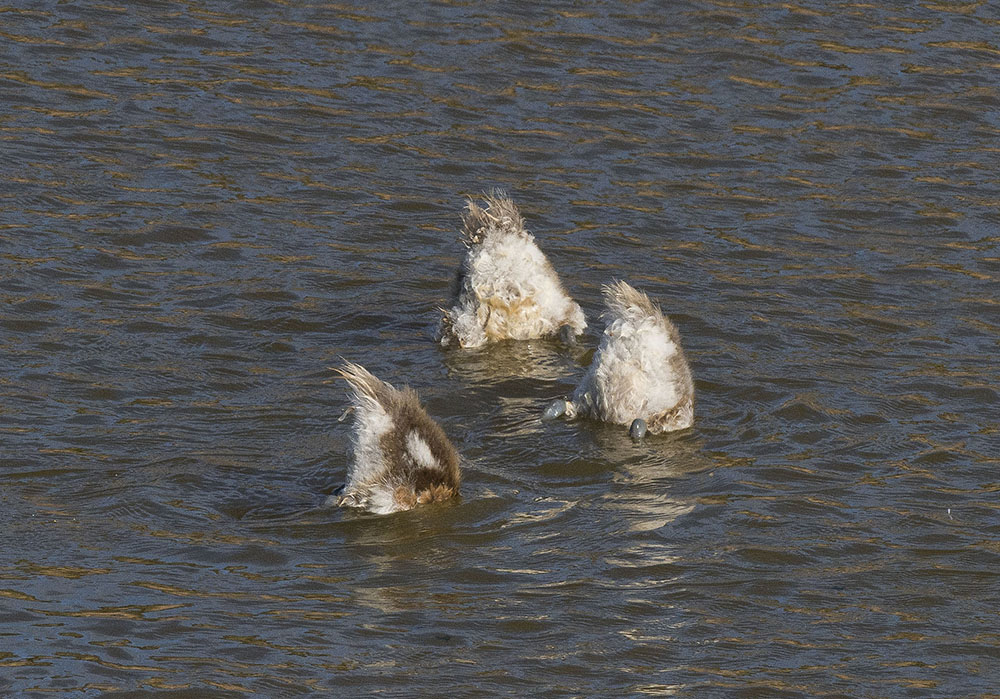
Rather unusually a flock of about twenty Hadeda Ibis’s are resting at the water’s edge.
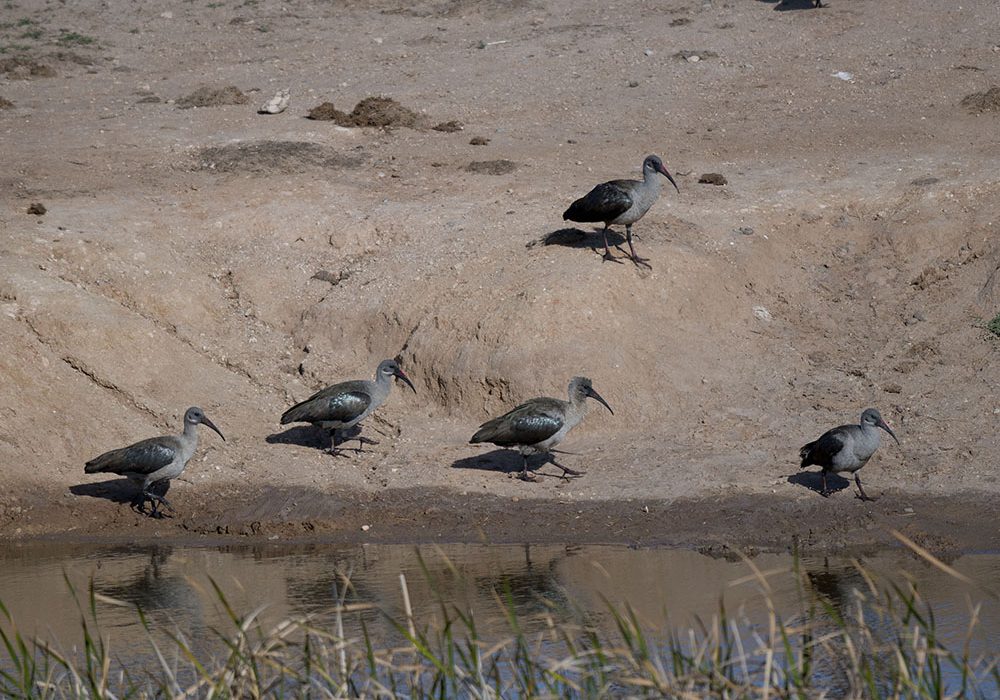
Despite the attentions of the male Shelduck, the Grey Heron continues fishing but eventually flies off at sunset.
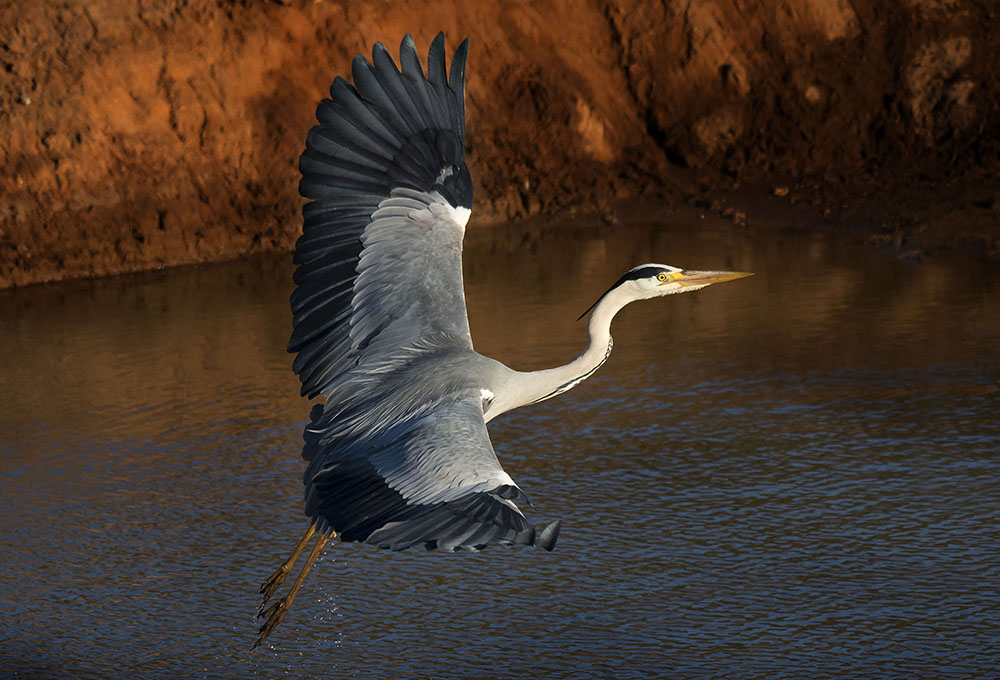
My goodness what an interesting afternoon. It reinforces my preference for sitting quietly at a good vantage point and watching the passing show rather than tearing about looking for “leeus”.

